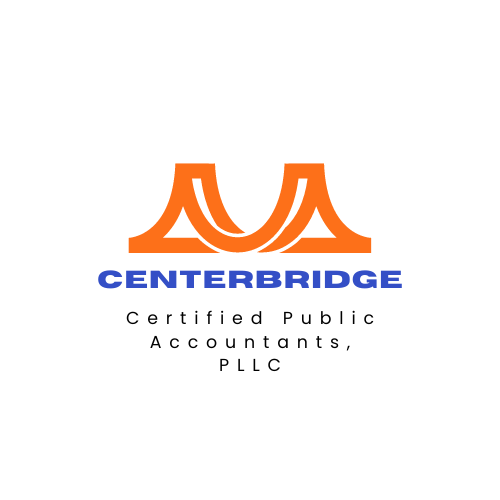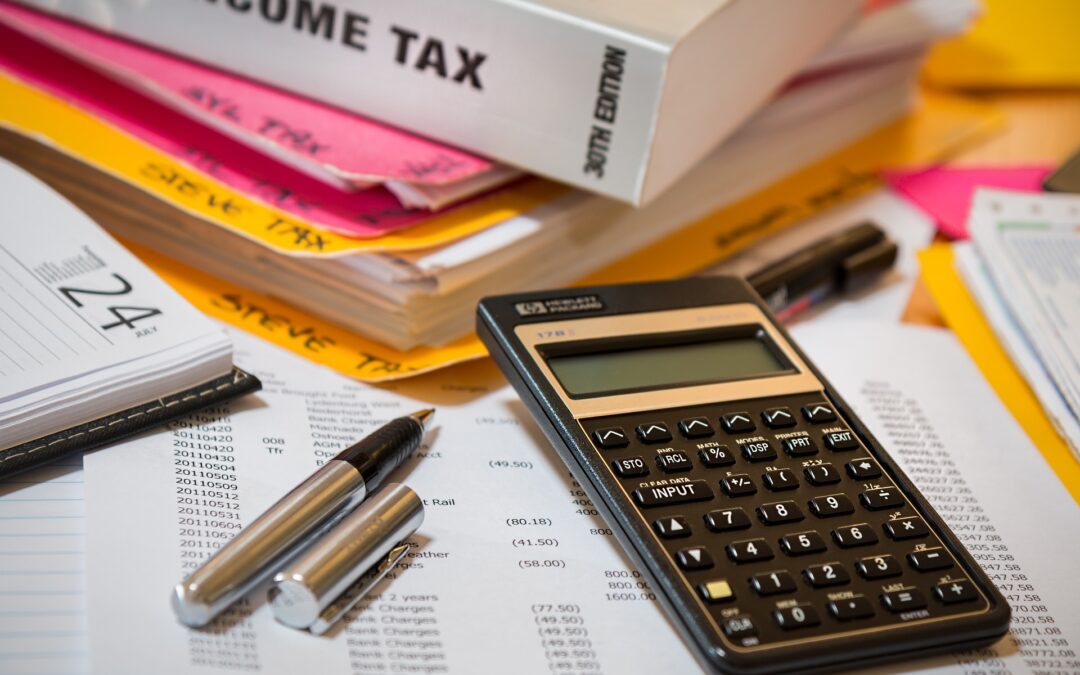Basic Accounting Principles for Real Estate Professionals
Tax planning is essential if you want to ensure that your income tax return is filed quickly, effectively, accurately, and painlessly. Through careful tax planning, you can have everything you need to file your income tax return at your fingertips whenever you are ready to file. Tax planning is also helpful if your income tax return is brought up for audit by the Internal Revenue Service.
Tax planning is essentially tracking your tax-deductible income items as they come up and keeping records organized and handy in case they are needed. An essential tool for tax planning is a small filing cabinet or online cloud file storage system. You can use this storage to file your tax planning documents and receipts and keep track of previous tax returns filed and other vital documents such as birth certificates and social security cards. Using a physical file cabinet you get to use for your tax planning should be fireproof and locked. That way, your tax planning documents are safe in almost any disaster, and other people cannot quickly gain access to your tax planning and other vital documents.
Part of tax planning is making sure that you know what expenses are tax-deductible. If you don’t know what you should be tracking, you cannot engage in tax planning and track tax-deductible expenses! The Internal Revenue Service offers many publications on this subject. However, if you have any questions about income tax-deductible items, you should contact a qualified, certified, licensed tax professional.
Once you know what tax-deductible expenses you will need to track for the coming tax year, you need to set up a tax planning record-keeping system. This can be a simple receipt book, expanding file, index cards, envelopes, or any other method that makes sense to you. However, keep in mind that as you engage in tax planning, your tax planning record-keeping system should make sense to you and make sense to your income tax preparer and the Internal Revenue Service if necessary.
At the end of each month, you can add up the totals for the different types of tax-deductible income expenses you recorded in your tax planning records for that month. This way, all you have to do to discover your tax-deductible amount is add up the totals for each month. The other records you collect and track through your tax planning are simply proof that you can claim these income tax deductions and are not needed for preparing your income tax return if you have all of your totals in order.
On the surface, income tax planning may seem complicated. But with proper organization, tax planning is relatively easy. Not only that, but when you engage in income tax planning, you better your chances for that larger income tax refund that you need and deserve. If you have any questions about tax planning, you should contact a tax planning professional tax accountant today!

Avoid The Critical Financial Mistakes Made By Real Estate Pros
Failing in the financial basics will doom your business. Get our free e-book "The Real Estate Pro's Guide to Financial Success" to see if you are set up for success.

